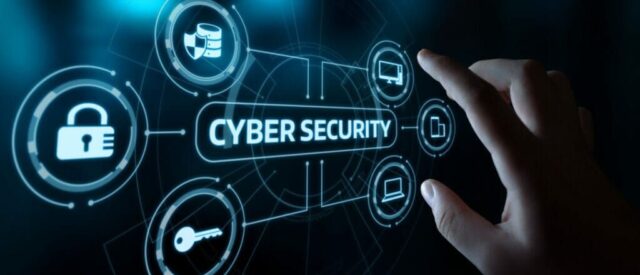
Despite the benefits of remote working and hybrid models, a distributed workforce unfortunately makes a business network more vulnerable to hackers.
If the cybersecurity defences that protect your business network are not primed for a distributed workforce, employees that work from home and sitting ducks for threat actors. Home networks are simply not fortified in the same way a business can bolster its network.
It shouldn’t come as any surprise that there has been a significant increase in the number of cybersecurity attacks targeting work-from-home staff. Over 25% of remote workers have noticed an increase in spam emails and phishing attempts.
Fortunately, there are effective ways for IT teams to protect remote workers from falling victim to hackers – and falling foul of compliance regulations. 60% of companies close their doors after suffering a data breach because they lose their customers.
But contrary to popular belief, building a resilient cybersecurity defence does not have to be expensive – as IT specialists in London, Micro Pro point out in this informative article.
Cybersecurity Strategies

To implement strong cybersecurity defences, you need to know where your vulnerable links are. The easy answer to that is your staff. Cybersecurity experts report that 90% of data breaches are the result of human error.
Typical gateways are weak passwords that can easily be cracked with sophisticated software; clicking on spammy links that direct you to malware-infested websites and downloading pdfs infected with malicious code.
Training your team to spot cyberattacks will eliminate the lion’s share of the risk. If your team is aware of the strategies cybercriminals use, they are less likely to provide hackers with a gateway.
Cyber Security Technologies

The risk of suffering a data breach is also significantly reduced if you have the right technologies. Anti-virus software, VPNs and remote monitoring software are the bare minimum – and are not expensive.
Most cloud-based software also comes with cybersecurity settings. Productivity suites like Microsoft 365 have a host of built-in security tools which detect suspicious behaviour and have zero-trust tolerance to bolster resilience.
Multi-factor authentication (MFA) is also a common security tool. Although MFA does have some limitations, it is one of the best first lines of defence mechanisms currently available. The next phase of MFA will be face recognition technology.
Cybersecurity Protocols

Tightening your cybersecurity workers will require company-wide rules that have to be enforced. Remember that every device you give the authorisation to access your network is a potential threat.
Your employees may not like the rules, but you should forbid employees to access your business network on personal devices.
The simple reason for this is that it is easy for hackers to access mobile phone data – especially if people have lots of apps on their phones.
If hackers access a mobile device that belongs to one of your employees, they are one step closer to infiltrating your business network. A data breach could put you out of business – and put your employees out of a job.













